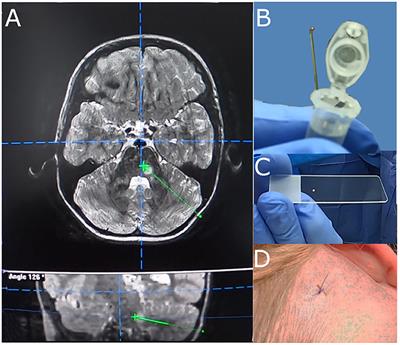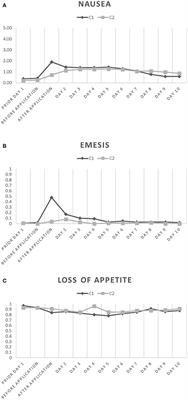EDITORIAL
Published on 06 Oct 2022
Editorial: Quality of care of glioma patients
doi 10.3389/fneur.2022.1041388
- 856 views
12k
Total downloads
37k
Total views and downloads
EDITORIAL
Published on 06 Oct 2022
ORIGINAL RESEARCH
Published on 19 Jul 2022

ORIGINAL RESEARCH
Published on 07 Apr 2022

ORIGINAL RESEARCH
Published on 30 Mar 2022

ORIGINAL RESEARCH
Published on 09 Mar 2022

ORIGINAL RESEARCH
Published on 03 Mar 2022

ORIGINAL RESEARCH
Published on 15 Feb 2022

ORIGINAL RESEARCH
Published on 11 Feb 2022

ORIGINAL RESEARCH
Published on 09 Feb 2022

ORIGINAL RESEARCH
Published on 17 Jan 2022

ORIGINAL RESEARCH
Published on 21 Dec 2021

ORIGINAL RESEARCH
Published on 02 Dec 2021

